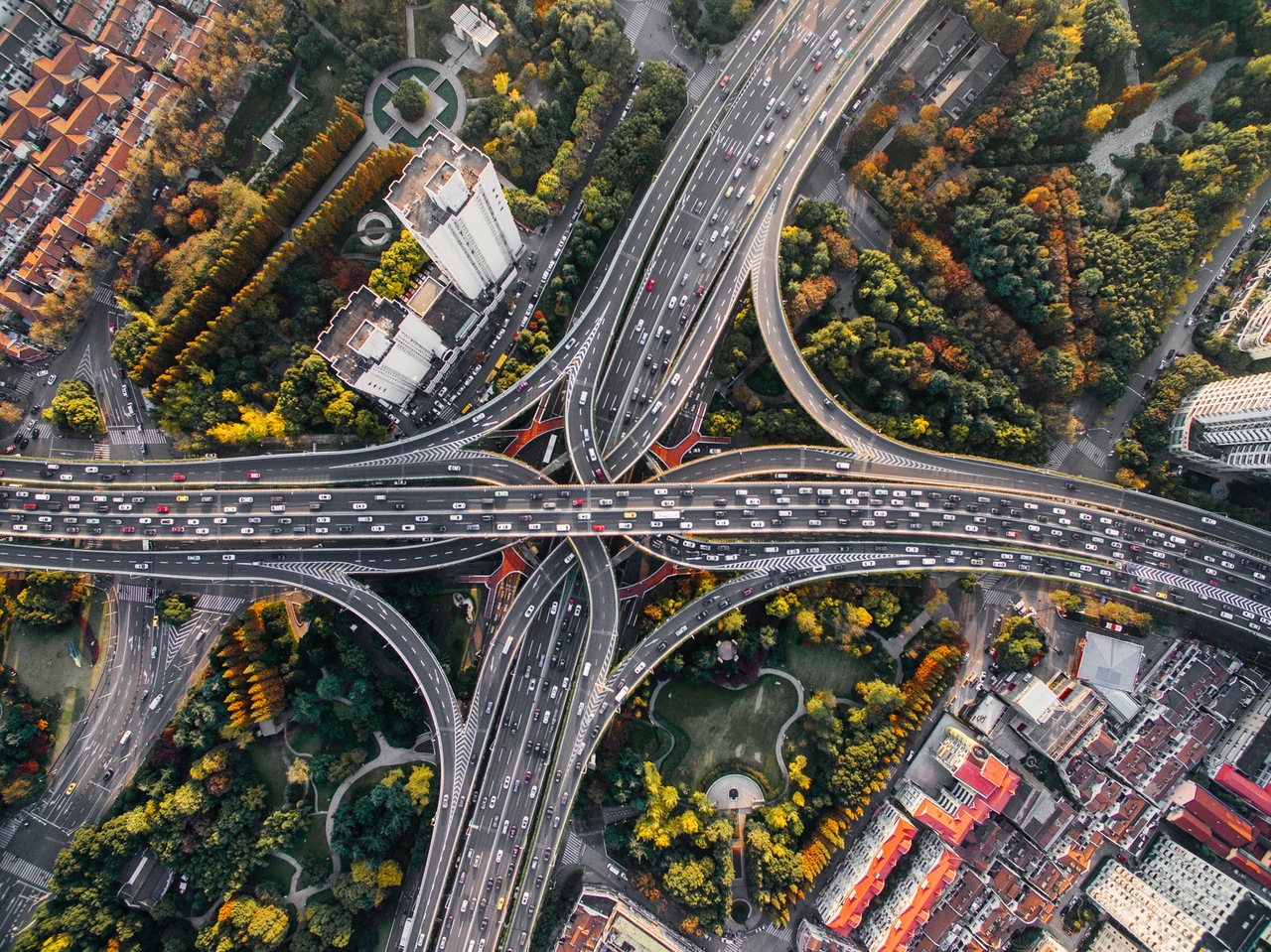“There is an influx in our roads of drivers who are not competent and qualified to be driving on our roads,” said Transport Minister Dipuo Peters when releasing the road fatality stats this week, adding later, “at times the way people drive, you would think that they have made an application to die.”
1714 people died on South Africa’s road during the past festive season – a five per cent increase from the previous year. The increase comes despite numerous road safety campaigns and stern law enforcement operations during the festive season. The Transport Department has done everything from public education to placing wrecked cars next to the highways. But one possible solution has received little attention: taking the responsibility of driving away from the ‘incompetent’ motorists.
Autonomous, or driverless cars, are no longer a thing of science fiction. They exist, and could be a common occurrence within the next decade. Elon Musk’s Tesla already has an autonomous option for all its models. Google is also hard at work at claiming a large chunk of the market. Meanwhile, many traditional manufacturers, including BMW, Volkswagen, Ford and Toyota (South Africans’ preferred car choices) are all working on their own models. Many believe these cars offer a safer, more efficient and environmentally friendly transport option. Others argue it’s the first major step in the rise of the machine.
But 90% of road fatalities resulted from human error this past festive season. And according to a report by the Road Traffic Management Corporation, the ‘human factor’ contributed 82% to the 2962 road deaths in the first three months of 2016. These range from drunk-driving, distractions such as cell phones, irresponsible overtaking and fatigue.
All of the above are removed from the equation when getting into a car that does the thinking, driving. They wait outside the bar on game night and they don’t have to look at Twitter updates or Whatsapps behind the wheel. When they tire – or their batteries die – they don’t push for the last 200km just to reach their destination. And all their decisions are based on calculations, not chances.
Despite the carnage recorded on the roads every year, South Africans have not given these ‘computers on wheels’ much thought. The minister for example listed “further technological innovations” as one of the department’s interventions, but failed to specify what that includes. She emphasised stricter legislation and public education, among a list of previously tested measures, all of which have had little impact, as the latest figures indicate.
It is no secret that South Africans are not afraid to line up the shots before getting behind the wheel or keeping themselves busy with dangerous distractions while commuting. If you had a car that could get you from point A to B, you would be able to do all these things simultaneously without having the infuriating task of navigating through the traffic. You could even engage in carnal activities, as was the case with a couple from the Western Cape recently, who was found in a “compromising position”, reports said.
Similarly, South Africa’s taxis and busses have had their fair share of news headlines. While these accidents are less frequent, they do often come with more casualties. This however will be hard to negotiate as the unions will tell you of the thousands of job losses the industry would face.
Hypothetically, less than 200 people would have died this festive season if the human factor was removed. That is if the autonomous cars did not suffer any malfunctions or malicious breaches of their computers. Severe weather conditions could also hamper the cameras’ and sensors’ abilities, while shared authority between driver and computer could also complicate the process, said a recent report by the University of Texas. It also found increasing trust in the vehicles could result in motorists paying less attention to the risks on the road when they take control.
South Africa meanwhile offers its own complications. Income inequality would result in what could be a dangerous mix of autonomous and existing vehicles (Tesla’s cheapest model starts at R480 000). Based on what I have witnessed on the roads, a trip in a driverless car is more likely to resemble a horror movie as opposed to a relaxing commute. Rural roads and informal settlements present their own challenges for a range of reasons. More profoundly, who takes responsibility for a crash between a City Golf and a Google car, whose insurance pays out and who gets prosecuted?
Lawmakers, businesses and citizens again face similar questions they did with the introduction of the internet or smart phones. Only this time, we place our survival directly in the hands of computers.
Is that why South Africans are more reluctant to let go of the wheel? The level of comfort and trust in technology is not equal to the developed world. Are we more comfortable with our own lives and those of our fellow motorists in our own hands? Or is it that the N1 has become the frontline in a war where motorists can display their superiority, based on class, race, gender or intellect; where our 1.6 litre weapons are the last thing we are willing to surrender?
